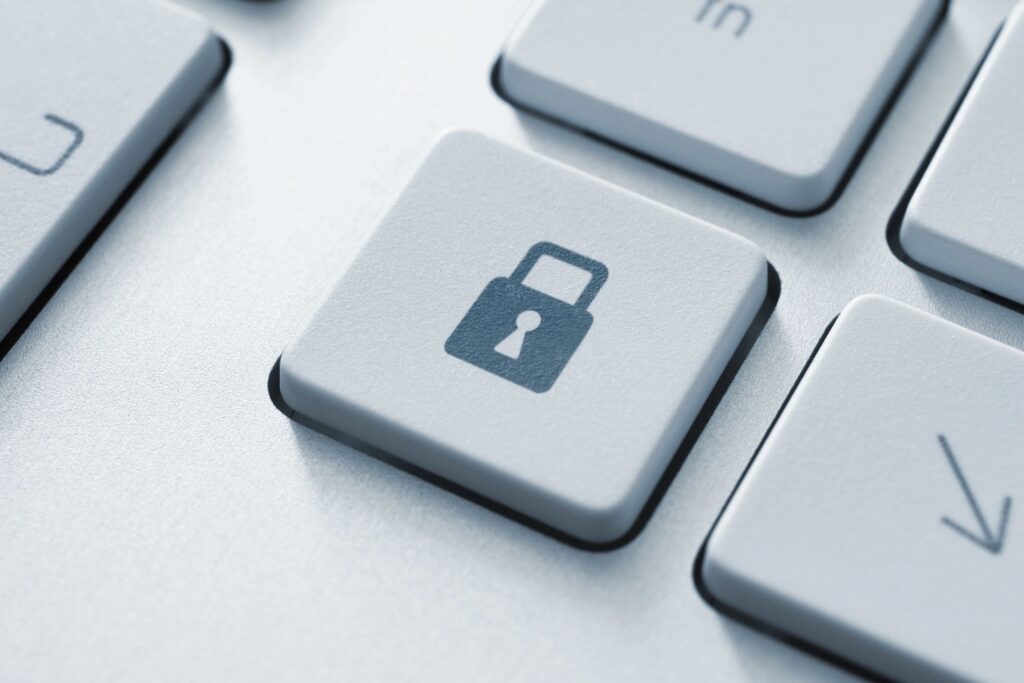In the digital age, it’s no longer a question of whether a company will experience a cybersecurity breach, but a matter of when. Cyberattacks can be devastating for organizations, causing lasting damage to their reputation, financial stability, and customer trust. That’s where cyber liability insurance coverage comes into play. By providing financial protection and support in the event of a cyber incident, this insurance can be an essential tool for businesses of all sizes. In this post, we’ll explore what cyber liability insurance coverage is, why it’s important, and how to choose the right policy for your needs.
Understanding Cyber Liability Insurance Coverage:
Cyber liability insurance coverage provides financial protection and support in the event of a cyber incident. The coverage can include data breach response, liability, and business interruption. Key components of cyber liability insurance coverage can include forensic investigations, legal services, breach notifications, public relations, and credit monitoring. Types of coverage available include first-party coverage to address immediate damage and third-party coverage to address damage to clients, third-party contractors, and suppliers.
What is covered and what is not covered can vary by policy, but some covered areas may include business interruption losses, data restoration costs, liability claims, and crisis management expenses. Areas that may not be covered include cyber terrorism, intellectual property disputes, bodily injury or property damage, and illegal activities by employees.
Reasons to Consider Cyber Liability Insurance Coverage:
There are several reasons why organizations should consider cyber liability insurance coverage. First and foremost, cyber incidents can result in significant financial losses, including from legal fees, compliance penalties, and business interruptions. Cyber liability insurance coverage provides a means of mitigating these losses and avoiding bankruptcy. Secondly, a cyber incident can damage an organization’s reputation, trust in the brand, and customer loyalty. Cyber liability insurance coverage can help protect and minimize this damage. Thirdly, management can have peace of mind knowing there is a plan in place to handle a cyber incident. Finally, meeting regulatory requirements can be easier with cyber liability insurance coverage in place.
Cyber Liability Insurance Coverage and the NIST Cyber Security Framework:
The NIST Cyber Security Framework (CSF) is a well-respected set of guidelines for protecting against and responding to cyber incidents. Cyber liability insurance coverage is a complementary way to mitigate financial losses. Together, the NIST CSF and cyber liability insurance coverage can provide significant risk management benefits. A NIST CSF-aligned policy can provide coverage that protects specific assets, operations, and systems, and its adoption can improve overall cybersecurity posture.
Choosing the Right Cyber Liability Insurance Coverage:
Choosing the right cyber liability insurance coverage can be a complicated process but understanding factors like claims history, coverages included, costs, and limitations are essential. Evaluating insurance providers can be another challenge. Some questions to ask include (1) how long they’ve been in business, (2) how experienced their underwriters are, (3) how they handle claims, and (4) how they prevent fraud. Working with a broker or consultant experienced in cyber insurance can be helpful in navigating the complexity of choosing and managing policies.
Conclusion:
In conclusion, cyber liability insurance coverage is an essential tool for any organization looking to protect itself from financial harm and reputational damage resulting from a cyber incident. Organizations need to understand the components of the coverage, why it matters, and how to choose the right policy for their unique needs. Ultimately, investment in cyber liability insurance coverage is an investment in the overall health and well-being of a business in today’s digital age. Organizations should evaluate their cyber liability insurance coverage needs now and make sure they have appropriate policies for their needs.





